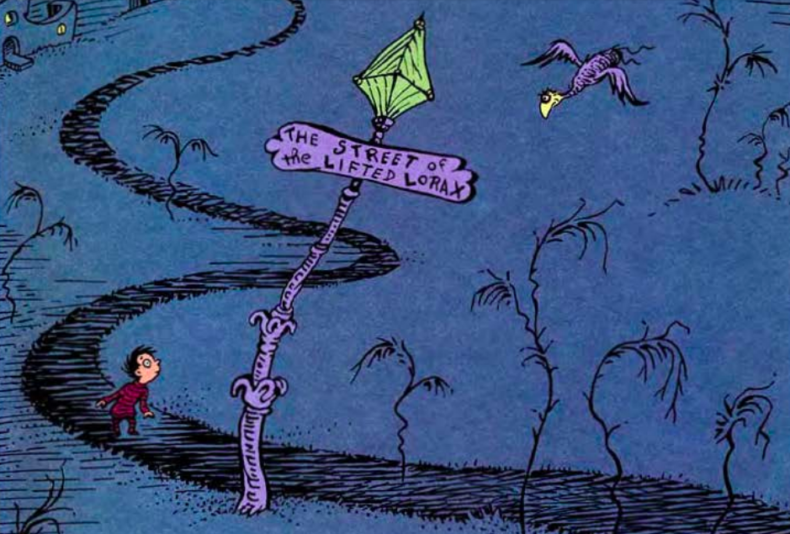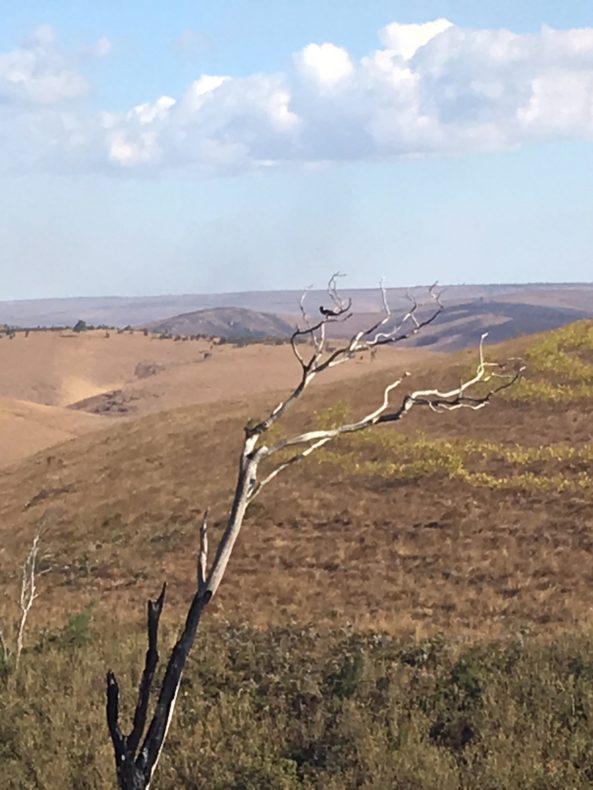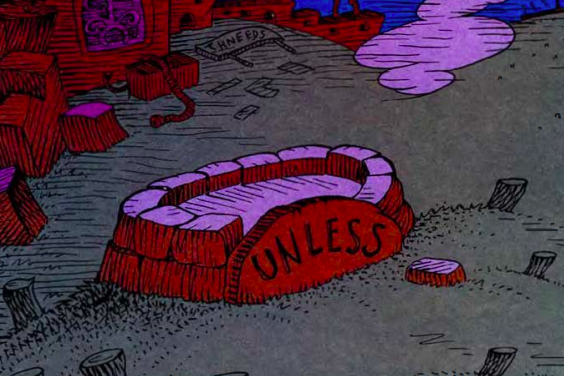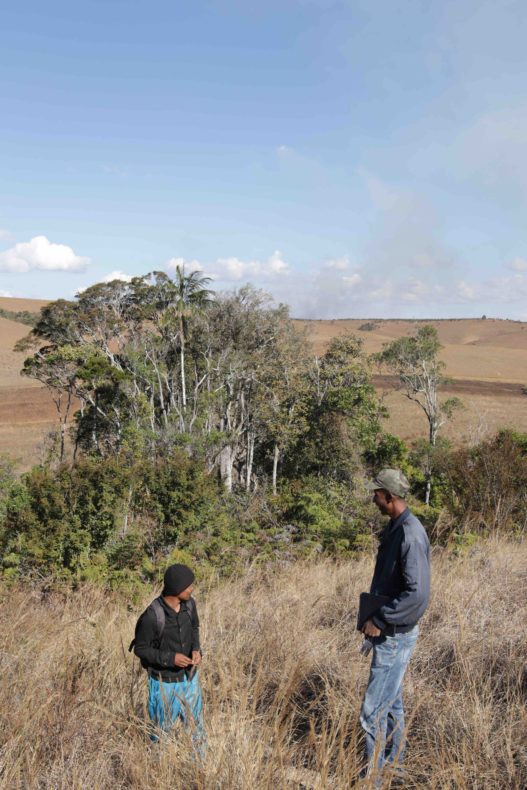
Finding a decent bedtime story to read to your kid is harder than you might think. Most childrens books are either pointless (Superman likes red! Superman likes blue!), overproduced (A book with buttons and recorded dinosaur sounds! Wait, who made these recordings?), boring (Pokey the Bear showed Susie she had the strength the whole time!), or derivative (Blue Omelets and Bacon).
There are plenty of kids books that don’t make me crave a lobotomy. Shel Silverstein, Adam Rex, Jan Brett. (Please list others in the comments. Seriously, I need this.) But there is one that stands alone. The one I grab before my kid can reach for some drivel by John Travolta or Madonna.
“The Lorax,” by Dr. Seuss, is a tale of runaway greed, environmental destruction and redemption. It opens with a kid who lives in a grassy suburb and wants to hear a story told by the town hermit, the Once-ler. His home, the land of grickle grass and crows, is just another place where kids live. But by the end, we see it as the post-apocalyptic remnant of a once-beautiful forest.
You see, years before, the Once-ler came to a beautiful forest of silky truffala trees. In a greedy rampage, he cut them all down, despite the warnings of a plucky forest gnome called the Lorax. And now all that’s left is grickle grass and crows.
I love this story because it’s prophetic and soulful. Also, because I’ve been there.
This summer, while the internet was aflame with flames in the Amazon, I was working in Madagascar, documenting local efforts to fight extinction. And while it’s great we are all talking about deforestation, it’s not like this summer was all that unusual. Certainly not from where I stood.

Madagascar has seen some of the most sustained and terrible deforestation in the world. It’s impacted 94% of Madagascar’s former tree cover, mostly in the last 50 years or so. While there, I met with a group of Malagasy conservationists working to protect the last remaining pocket of native sohisika trees in the world. The surrounding hillsides were covered in golden grasslands as far as the eye could see that reminded me of my childhood home in California. It was pleasant.
Until you realize that all that grass was once forested. And that the smoke on the horizon is more habitat getting torched. On one of my trips, it took me three days of hiking past old slash-and-burn to get to primary forest.
This is not to condemn any one country. Deforestation is rampant in the developing world, just as it was in the developed world – right before it became developed. The pretty cardinals at my birdfeeder every morning are really refugees from the forests we destroyed to build my house. Grickle grass is part of progress, I guess.
But I’m not sure our kids will be so understanding. It seems fitting that the most poignant environmental message of the 20th Century was a children’s book. After all, without kids what’s the point saving anything?

At the end of the Lorax, the title character looks mournfully backwards and picks himself up by his own pants and carries himself off through the smog. Even in this poignant moment, Seuss manages to find the absurd. And behind him, he leaves a single word etched into stone: Unless.
The Once-ler doesn’t understand the message until the little boy shows up years later.
Now that you’re here, the word of the Lorax seems perfectly clear. UNLESS someone like you cares a whole awful lot, nothing is going to get better. It’s not.

For most of my life, I thought this “Unless” was for me. That I was the kid who would take the seed from the Once-ler’s hand and make it all better. But what have I done? Written a couple stories about conservation? Spit into a crown fire and shouted into a hurricane? Certainly less than the villagers fighting to protect the last sohisika trees.
No, these days I feel more like the Once-ler, the guy who didn’t get it until it was too late. Who thought everything would work itself out somehow. Who just didn’t want to listen. I lived my life and climate change, ocean collapse, deforestation, it all just hummed right along.
Don’t worry about me. Tomorrow I’ll shake off the self-pity, dust myself off and continue doing my paltry bit. But for now I’m going to sit down in a rocking chair and pick a book to read to my kid. On whose tiny shoulders the entire world now rests.
Photo Credit: Random House, Erik Vance and National Geographic.
Special thanks to the National Geographic Society, whose Explorer grant funded my reporting.
Two great picture books that were in heavy rotation with my now-college-freshmen kids are “My Monster Mama Loves Me So” by Laura Leuck (I can still recite a bunch of this story about a monster mama trying to get her kid to bed before dawn), and “The Best Pet of All” by David LaRochelle (the kid in this book is playing a long con, it took me a couple readings to figure that out). “Where the Wild Things Are” is also awesome, of course, and highly recitable.
Bill Peet was a Dr Seuss contemporary, thoughtful storyteller, and delightful illustrator. He created dozens of picture books. My personal favorite is ‘Merle the High Flying Squirrel’.
I agree about feeling like the Once-ler. We used to hate on soccer moms driving Ford Explorers as the main contributors to climate change in college. Now I am one (without the soccer). But when I read out loud, the Once-ler always comes out sounding like George W. , when I should really be reading in my own voice.